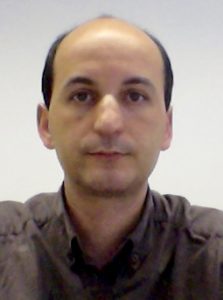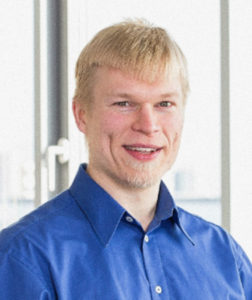The review of the TEWI colloquium of Abdelhak Bentaleb from December 13, 2018 comprises the slides (below):
Abstract: Past research has shown that concurrent HTTP adaptive streaming (HAS) players behave selfishly and the resulting competition for shared resources leads to underutilization or oversubscription of the network, presentation quality instability and unfairness among the players, all of which adversely impact the viewer experience. While coordination among the players, as opposed to all being selfish, has its merits and may alleviate some of these issues. A fully distributed architecture is still desirable in many deployments and better reflects the design spirit of HAS. In this study, we focus on and propose a distributed bitrate adaptation scheme for HAS that borrows ideas from consensus and game theory frameworks. Experimental results show that the proposed distributed approach provides significant improvements in terms of viewer experience, presentation quality stability, fairness and network utilization, without using any explicit communication between the players.
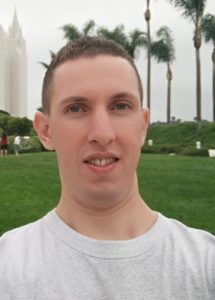 Bio: Abdelhak Bentaleb is a PhD candidate in Computer Science at School of Computing, National University of Singapore (NUS). He is advised by Prof. Roger Zimmermann and his work interest is on Video Streaming Architecture, Content Delivery, Multimedia Systems, and Computer Networks. He is a member of Media Management Research Lab and working on Streaming Media project. He designed and developed a novel suite of Adaptive Bitrate (ABR) solutions to address the key challenges of video delivery including quality instability, unfairness, and network resources under/over utilization for HTTP Adaptive Streaming (HAS) and HAS-like (DASH) systems.
Bio: Abdelhak Bentaleb is a PhD candidate in Computer Science at School of Computing, National University of Singapore (NUS). He is advised by Prof. Roger Zimmermann and his work interest is on Video Streaming Architecture, Content Delivery, Multimedia Systems, and Computer Networks. He is a member of Media Management Research Lab and working on Streaming Media project. He designed and developed a novel suite of Adaptive Bitrate (ABR) solutions to address the key challenges of video delivery including quality instability, unfairness, and network resources under/over utilization for HTTP Adaptive Streaming (HAS) and HAS-like (DASH) systems.

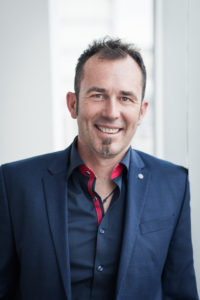
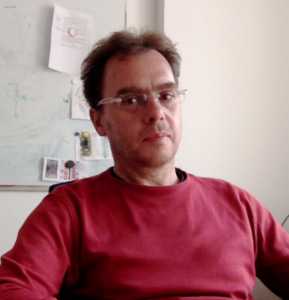
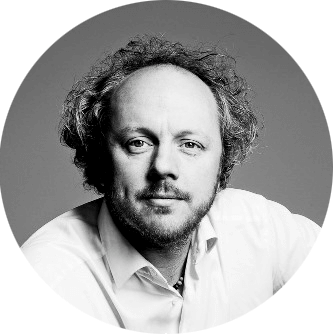 Bio: Frank H. P. Fitzek is a Professor and head of the “Deutsche Telekom Chair of Communication Networks” at TU Dresden coordinating the 5G Lab Germany. He is the spokesman of the DFG Cluster of Excellence CeTI.
Bio: Frank H. P. Fitzek is a Professor and head of the “Deutsche Telekom Chair of Communication Networks” at TU Dresden coordinating the 5G Lab Germany. He is the spokesman of the DFG Cluster of Excellence CeTI.